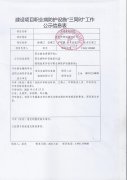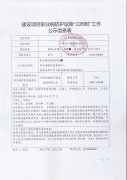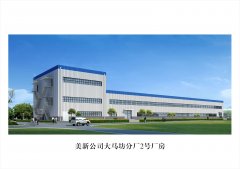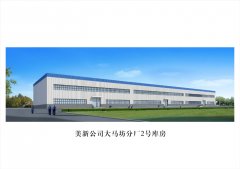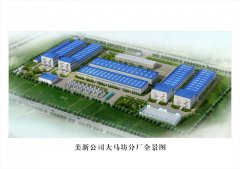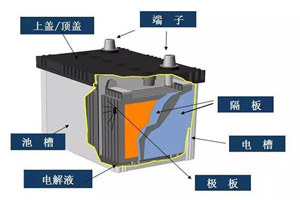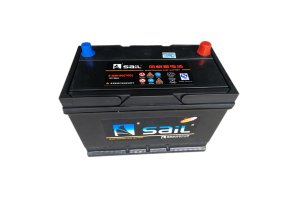Basic function of battery: start the vehicle and provide auxiliary power
Before the full text begins, let's understand the role of battery. Vehicle battery, also known as battery, is a device that converts chemical energy into electrical energy. Its function is to supply power to the engine. When the vehicle is ready to start, the battery will discharge to provide power to the starter, and the starter will drive the flywheel and crankshaft to rotate, so as to start the vehicle. When the power supply of the engine is insufficient or not started, provide power for the electrical appliances in the car, such as the sound system, lighting system, etc. when the engine starts normal power supply, the battery will collect and store electric energy for future use.
Automotive batteries can be roughly divided into two categories: maintenance free and ordinary batteries (non maintenance free).
Batteries are mainly divided into ordinary batteries, dry load batteries and maintenance free batteries. Among them, the batteries used in passenger cars that we are familiar with are basically ordinary batteries and maintenance free batteries. At present, most of the models on the market use maintenance free batteries, and most Japanese cars, even including Lexus and Infiniti, also use non maintenance free batteries, that is, ordinary batteries.
Ordinary battery is also known as lead-acid battery, its electrode is composed of lead and lead oxide, the electrolyte is sulfuric acid solution. The main advantages are voltage stability and low price; The disadvantages are low specific energy (that is, the electric energy stored in each kilogram of storage battery), short service life and frequent routine maintenance. The service life of old battery is about 2 years, and the height of electrolyte should be checked regularly and distilled water should be added. However, with the development of science and technology, the life of ordinary batteries has become longer and the maintenance is simpler. As for the disadvantages, the price of ordinary batteries is also becoming more expensive.
Maintenance free battery, as the name suggests, the biggest feature is "maintenance free". Compared with ordinary battery, its electrolyte consumption is very small, and it does not need to supplement distilled water in its service life. It also has the characteristics of shock resistance, high temperature resistance, small volume and small self discharge. Of course, relatively, its price will be more expensive than ordinary batteries. As for the service life, under normal circumstances, the recommended replacement cycle of maintenance free battery is about 3 years, which is equivalent to that of ordinary battery。



